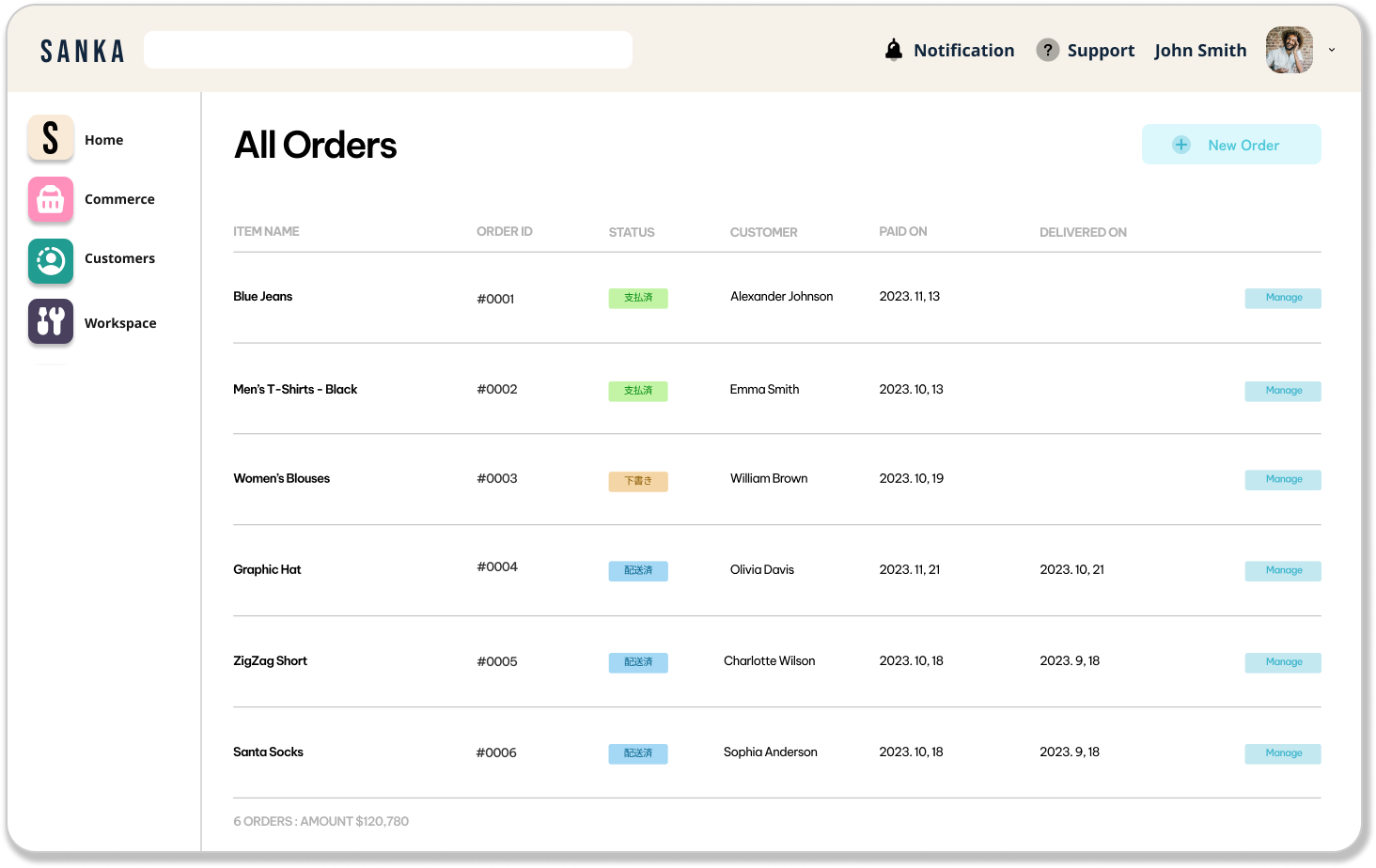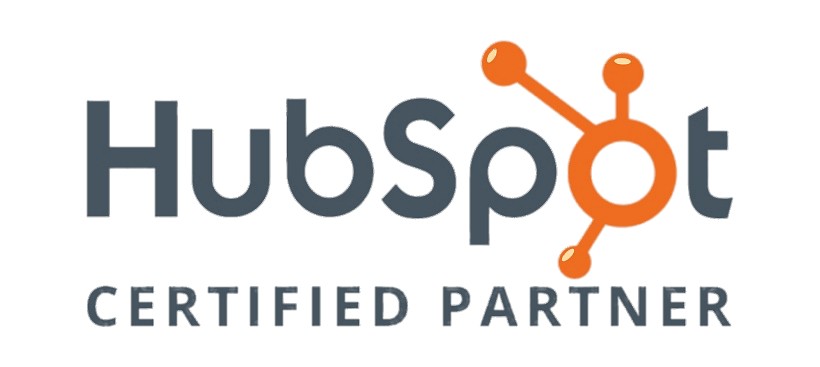In an era defined by rapid technological advancements, artificial intelligence (AI) has emerged as a transformative force across numerous industries, fundamentally altering the way businesses operate and make decisions. One area that has witnessed significant disruption is accounting.
Traditional accounting practices, rooted in manual data entry, complex calculations, and repetitive tasks, are being reshaped and elevated to new heights through the integration of AI. This article delves deep into the exciting realm of AI accounting, exploring its benefits, challenges, current applications, and the promising future it holds for the financial world.
The Rise of AI in Accounting
Accounting, long considered a cornerstone of business operations, has traditionally required substantial manual effort, resulting in time-consuming and error-prone processes. However, with the advent of AI, these traditional methods are undergoing a profound transformation.
AI accounting, often referred to as cognitive accounting, smart accounting, or robotic accounting, entails the application of advanced artificial intelligence and machine learning techniques to automate and streamline various accounting functions.
This revolution enables accountants and financial professionals to redirect their focus towards higher-value tasks that necessitate human expertise and critical thinking.
AI technologies are leaving an indelible mark on a multitude of accounting functions:
Automation of Repetitive Tasks

Mundane and repetitive activities that have traditionally consumed significant amounts of time, such as data entry, invoice processing, and bank reconciliation, are prime candidates for automation. AI-powered systems can accurately extract information from documents, classify transactions, and automatically update ledgers, eliminating the need for manual intervention and expediting the entire process.
Data Analysis and Insights
AI's remarkable ability to process vast amounts of data swiftly positions it as a potent tool for uncovering insights, patterns, and trends from financial data. By analyzing historical data and identifying anomalies, AI aids in informed decision-making, effective forecasting, and improved risk assessment.
Fraud Detection and Risk Management
The intricate algorithms employed by AI systems enable them to scrutinize transactions for unusual patterns or behaviors that might indicate fraudulent activities. This proactive approach facilitates the early identification of potential financial irregularities, bolstering risk management practices and safeguarding organizations from unwarranted threats.
Financial Reporting and Compliance

Accuracy and timeliness are paramount in financial reporting and regulatory compliance. AI systems can ensure adherence to regulatory standards, minimize errors, and automate the generation of comprehensive financial reports.
Predictive Analytics
AI's capability to analyze historical financial data and interpret market trends empowers businesses to generate accurate forecasts and predictions. This proactive approach assists organizations in devising effective strategies, capitalizing on emerging opportunities, and mitigating potential risks.
Benefits of AI Accounting
The integration of AI into accounting processes brings forth an array of compelling benefits that extend beyond mere automation:
Enhanced Accuracy

Traditional manual data entry processes are inherently susceptible to errors. The precision exhibited by AI systems significantly reduces the likelihood of mistakes, fostering the creation of reliable and error-free financial records.
Time Savings
The automation of routine and repetitive tasks liberates accounting professionals from laborious activities. Consequently, these professionals can allocate their time and cognitive resources toward more strategic endeavors that demand critical thinking, analysis, and interpretation.
Scalability
As businesses expand and transaction volumes increase, AI-powered systems can seamlessly scale to accommodate the growing demand. This scalability ensures that operational efficiency remains uncompromised, regardless of the organization's size or transaction volume.
Cost Efficiency

Although the initial implementation of AI accounting systems may entail an investment, the long-term benefits far outweigh the costs. These systems reduce the need for extensive manual labor, thereby lowering operational expenses and increasing overall cost efficiency.
Real-time Insights
The ability of AI systems to process and analyze data in real-time empowers businesses with timely access to financial information. This rapid access facilitates swift decision-making and enables organizations to respond proactively to market fluctuations and evolving business dynamics.
Challenges and Considerations
While the advantages of AI accounting are compelling, its adoption is not without challenges:
Data Quality and Training

The effectiveness of AI systems hinges on the quality of the data they process. Ensuring that the data is accurate, consistent, and relevant is paramount for the successful implementation of AI accounting. Moreover, training AI algorithms to perform optimally requires domain expertise and an investment of time and resources.
Ethical Considerations
AI systems, when trained on historical data, can inadvertently perpetuate biases present in the data. To prevent discriminatory outcomes, continuous monitoring and mitigation efforts are necessary to ensure that AI-generated insights and decisions remain unbiased and fair.
Job Displacement Concerns
The automation of routine tasks could potentially lead to concerns regarding job displacement among accounting professionals. However, the transformation brought about by AI accounting is more likely to result in a shift in roles, with accountants assuming responsibilities focused on higher-level analysis, strategic planning, and decision-making.
Initial Implementation Challenges
Integrating AI accounting systems into existing infrastructure may pose technical challenges. Furthermore, organizations may need to invest in upskilling their workforce to effectively operate and manage these systems.
Security and Privacy
The use of AI in handling sensitive financial information raises valid security and privacy concerns. Organizations must prioritize the implementation of robust cybersecurity measures to safeguard against data breaches and unauthorized access.
The Future of AI Accounting
The trajectory of AI accounting points toward a future characterized by increased integration, refinement, and innovation:
Advanced Analytics

AI's unparalleled capacity to process and analyze large datasets will continue to drive advanced analytics in the accounting domain. Organizations will gain deeper insights into financial trends, customer behaviors, and market dynamics, enhancing their strategic decision-making capabilities.
Natural Language Processing (NLP)
Natural language processing, a subset of AI, enables computers to interpret and generate human language. In the realm of accounting, NLP-powered AI systems can facilitate seamless interaction between financial professionals and AI platforms. Tasks such as generating comprehensive reports, responding to queries, and offering financial advice can be streamlined through intuitive and natural conversations.
Customization and Personalization
As AI accounting systems evolve, they will become more adept at tailoring solutions to the unique needs of individual businesses. These systems will adapt to specific industries, regulations, and organizational structures, delivering personalized insights and recommendations.
Blockchain Integration

The integration of AI with blockchain technology holds the potential to revolutionize accounting processes further. By ensuring transparency, traceability, and security in financial transactions and reporting, this integration could establish new standards for accuracy and accountability.
Continuous Learning
AI systems will continue to refine their accuracy and effectiveness through continuous learning. By assimilating and adapting to ongoing interactions and data updates, AI accounting systems will provide increasingly refined insights and recommendations over time.
Conclusion
AI accounting is ushering in a new era of efficiency, accuracy, and strategic decision-making within the world of finance.
By automating routine tasks, providing real-time insights, and facilitating advanced analytics, AI is redefining the roles of accountants and financial professionals. While challenges such as data quality, ethical considerations, and initial implementation hurdles must be addressed, the benefits of AI accounting far outweigh the drawbacks.
As AI technology evolves and seamlessly integrates with accounting practices, the future promises a financial landscape that is not only more informed and agile but also more adaptive and responsive to the dynamic demands of the business world. With AI accounting as a catalyst for change, organizations can look forward to harnessing the full potential of technology to drive their financial success.







